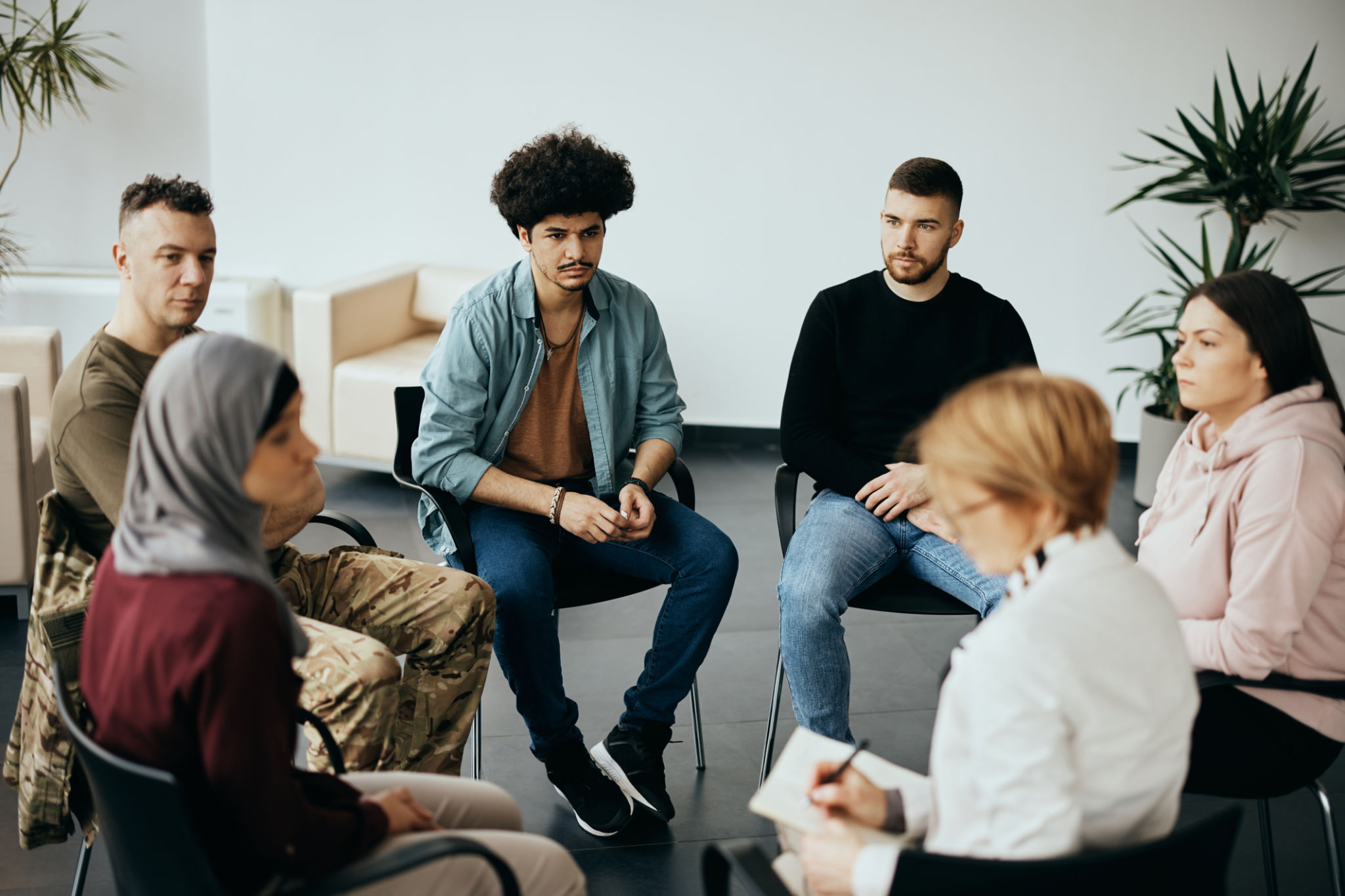Connecting Veterans: Building Community Through Peer Support
Understanding the Importance of Peer Support for Veterans
For many veterans, transitioning back to civilian life can be a challenging experience. The shift from a structured military environment to an often less predictable civilian world can feel overwhelming. This is where the power of peer support comes into play. Veterans who connect with others who have shared similar experiences can find a sense of community and understanding that is crucial for their well-being.
Peer support offers veterans a platform to share their stories, challenges, and triumphs with those who truly understand. This mutual understanding fosters a sense of belonging and reduces feelings of isolation and loneliness. By engaging in peer support, veterans can build meaningful connections and gain valuable insights from others who have navigated similar paths.

The Benefits of Building a Veteran Community
Creating a community among veterans not only benefits individuals but also strengthens the collective group. Communities built on peer support provide a safe space for veterans to express themselves openly, without fear of judgment. This environment encourages honest discussions about mental health, career transitions, and personal growth.
Moreover, being part of a veteran community can enhance resilience and emotional well-being. It can also serve as a network for practical support, such as job referrals, educational opportunities, and housing assistance. The bonds formed within these communities often lead to lifelong friendships and a support system that extends beyond organized meetings.

How Peer Support Programs Function
Peer support programs are typically led by veterans who have undergone specific training to assist their peers effectively. These programs focus on providing emotional, social, and practical support through various activities and meetings. They may include group discussions, one-on-one mentoring, and workshops designed to address specific challenges faced by veterans.
Many peer support programs are tailored to cater to different segments of the veteran population, such as those dealing with PTSD, physical injuries, or substance use issues. By customizing these programs, organizations ensure that all veterans receive the help they need in a manner that resonates with their personal experiences.

How to Get Involved in Veteran Peer Support
If you are a veteran looking to engage in peer support, there are several ways to get involved. Many organizations offer online platforms where veterans can connect virtually, providing flexibility for those who may not be able to attend in-person meetings. Additionally, local veteran centers often host regular gatherings and events focused on peer interaction.
For those interested in taking on a leadership role within the community, opportunities to become a peer mentor or facilitator are available. These roles enable veterans to give back by supporting others while also gaining leadership experience and personal growth.
Conclusion: The Power of Connection
In conclusion, connecting veterans through peer support is an invaluable resource that promotes healing, growth, and community building. By coming together, veterans can share their unique experiences and forge strong bonds that help them navigate the complexities of post-military life. The mutual support and understanding fostered in these communities create a foundation for a brighter future for all involved.
